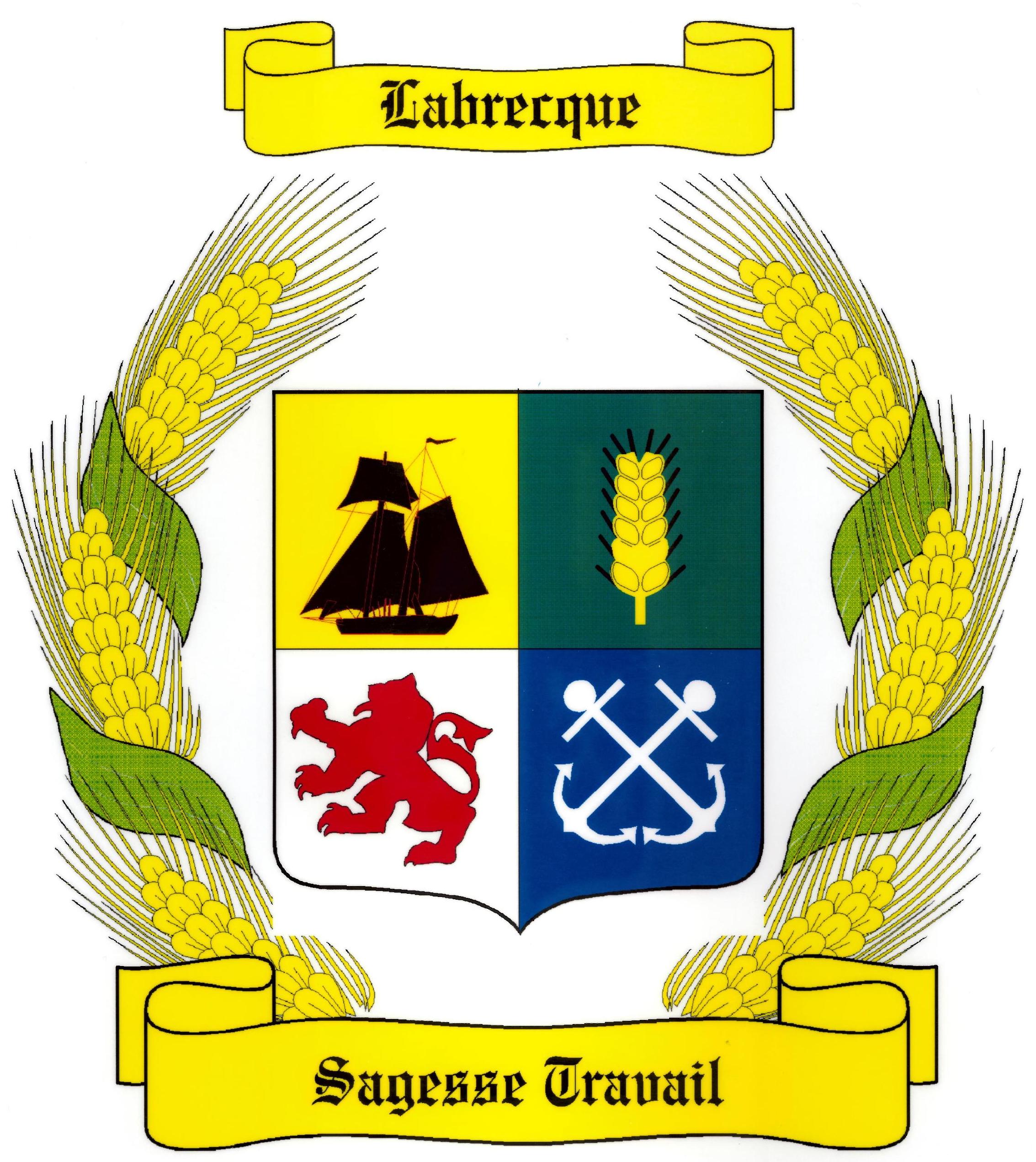Poker Bluffing Techniques
Poker Bluffing Techniques
Is it rude to gradual roll in poker?
In poker, the concept of a gradual roll refers to the approach of increasing bets slowly over a sequence of rounds to build a pot whereas hiding the strength of one’s hand. Whether this is considered impolite can depend upon a number of elements:
- Table Etiquette: Most poker games have unwritten guidelines relating to betting conduct. Gradual rolling can be seen as strategic and acceptable if done respectfully.
- Players' Knowledge: Experienced gamers could perceive this tactic as a part of the game, while novices would possibly view it as unfair or deceptive.
- Intent: If the intent behind the gradual roll is to deceive opponents in a good manner, it's typically thought of a normal a half of poker strategy.
Ultimately, poker is a recreation of psychology and technique. Maintaining respect in your opponents and adhering to the specific recreation's culture can help decide whether a method like gradual rolling feels impolite or just smart play.

How to name a bluff in poker?
When naming a bluff in poker, it’s important to speak the intent and elegance of your deception. Here are some strategies:
1. Use Descriptive Terms: Choose phrases that describe the character of the bluff, 다바오포커 (asian-Tiger.click) corresponding to "the river surprise" for a bluff on the final card or "the pre-flop sneaky" for an aggressive move before the flop.
2. Reference a Famous Play: Tie your bluff to a broadly known poker player’s notable bluff. For example, "the Negreanu twist" can reference a style impressed by Daniel Negreanu, identified for his inventive play.
3. Create a Unique Name: Invent a catchy name that resonates together with your playing type or personality. Something like "the stealth invasion" evokes a way of secretive technique.
4. Categorize by Risk: You can name a bluff based mostly on its risk stage, similar to "the low-risk lunge" for a cautious bluff versus "the high-stakes heist" for a more excessive method.
5. Use Humor: Injecting humor into the name can make it memorable, such as "the poker phantom" which suggests an elusive, ghost-like presence throughout the sport.
By using these strategies, you possibly can effectively name a bluff in a method that enhances your storytelling and engagement on the poker table.
Is there an ideal strategy for poker?
In the complicated world of poker, the notion of a "good strategy" is elusive, primarily because of the recreation's inherent unpredictability and the varying ability ranges of opponents. However, in phrases of poker bluffing techniques, sure methods can considerably improve your chances of success.
Understanding Bluffing
Bluffing is a very important part of poker that involves making your opponents consider you might have a stronger hand than you really do. This method can lead to successful pots without the most effective playing cards, however it requires cautious execution and a great understanding of your opponents' tendencies.
Key Bluffing Techniques
1. Know Your Opponent: Understanding the taking part in fashion of your opponents is essential. Some players are extra susceptible to bluffs, whereas others might call each bet regardless of their hand energy. Observe their behavior and tailor your bluffing technique accordingly.
2. Select Your Moments: Effective bluffing usually depends on timing. Look for conditions the place your opponents have shown weak spot, corresponding to checking or calling instead of elevating. Bluffing in these cases could be more convincing and may drive them to fold.
3. Use Position to Your Advantage: Being in a later place allows you to gather extra details about your opponents' actions earlier than making your transfer. This information may help you determine whether a bluff is likely to succeed.
4. Maintain a Consistent Story: When bluffing, make positive that your betting patterns tell a coherent story. If you abruptly bet aggressively after appearing passive, opponents might become suspicious. A consistent strategy makes your bluff extra believable.
5. Consider Bet Sizing: The quantity you wager throughout a bluff can tremendously affect its effectiveness. A guess that's too small might not persuade others you have a strong hand, while a wager that is too giant may raise suspicions. Aim for a measurement that aligns with the perceived power of your hand.
Final Thoughts
While there will not be a perfect strategy for poker that guarantees success, mastering bluffing techniques can elevate your sport. Combining these methods with experience and a eager sense of observation will improve your total efficiency on the poker table.